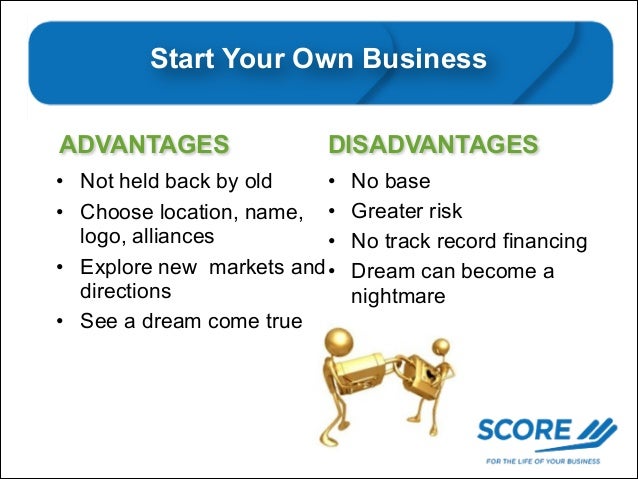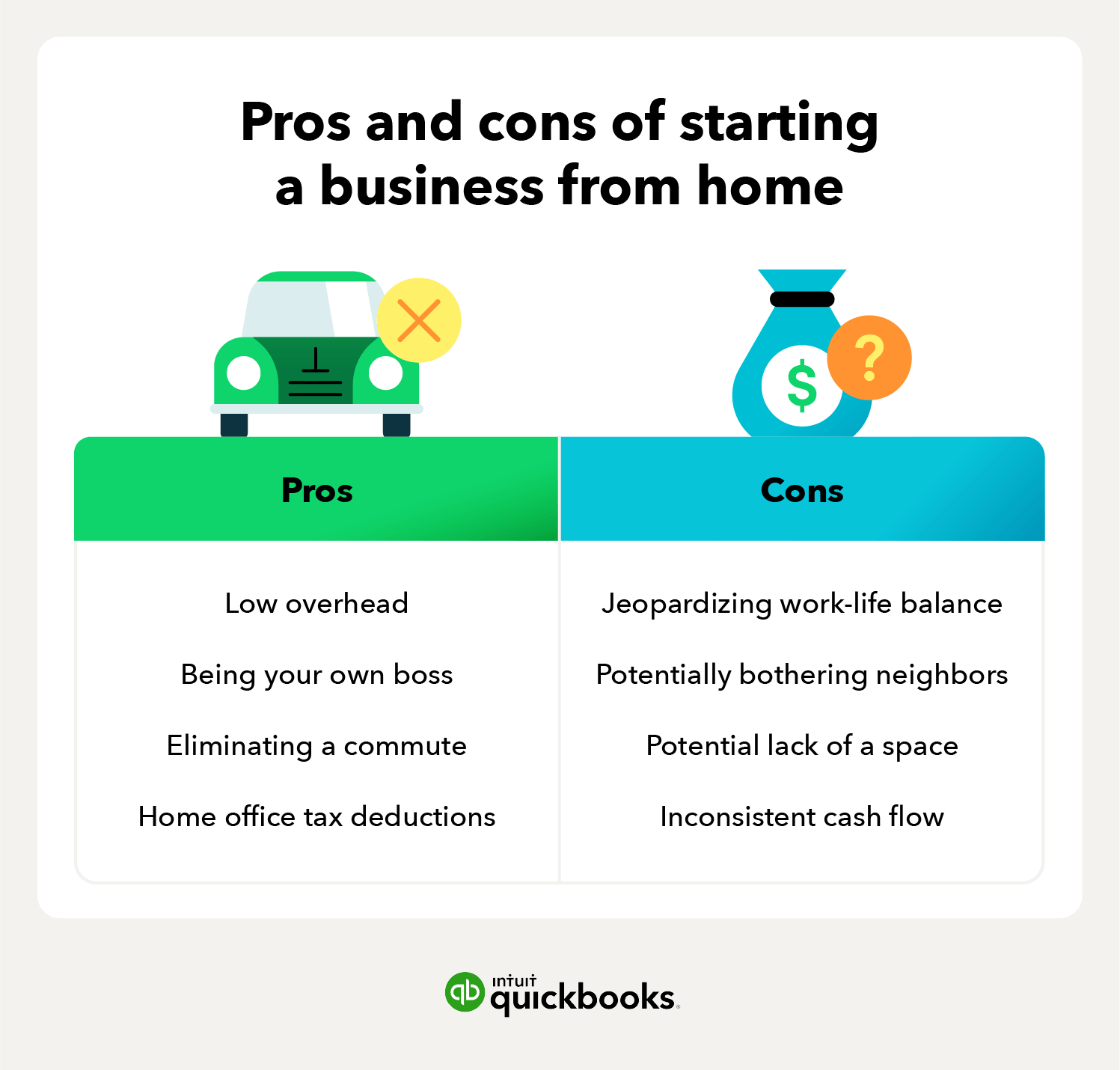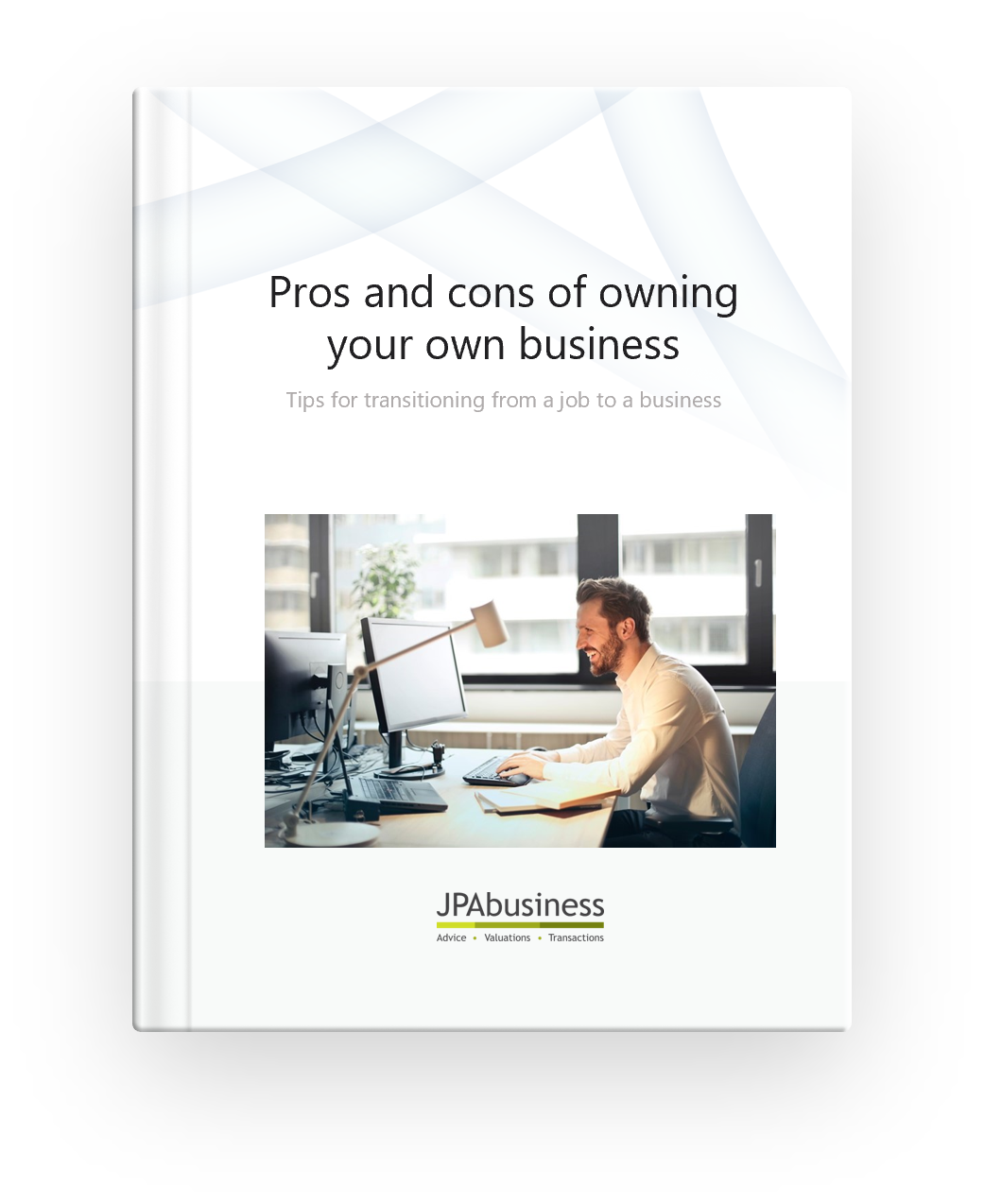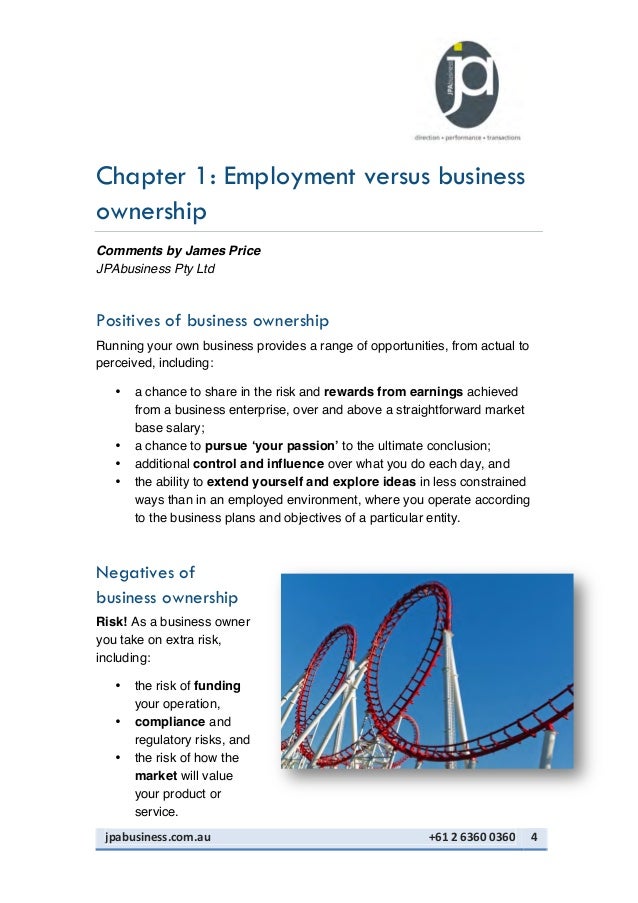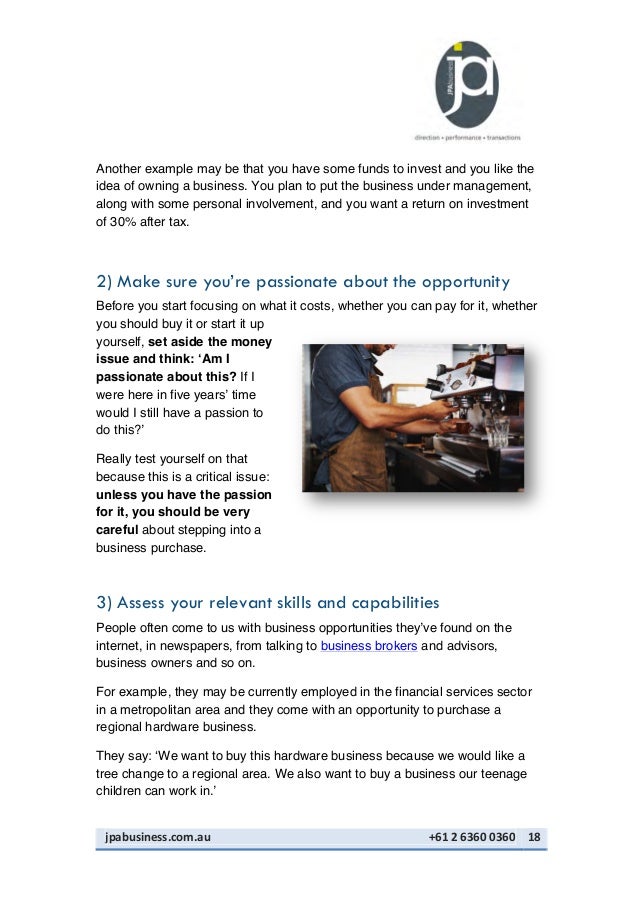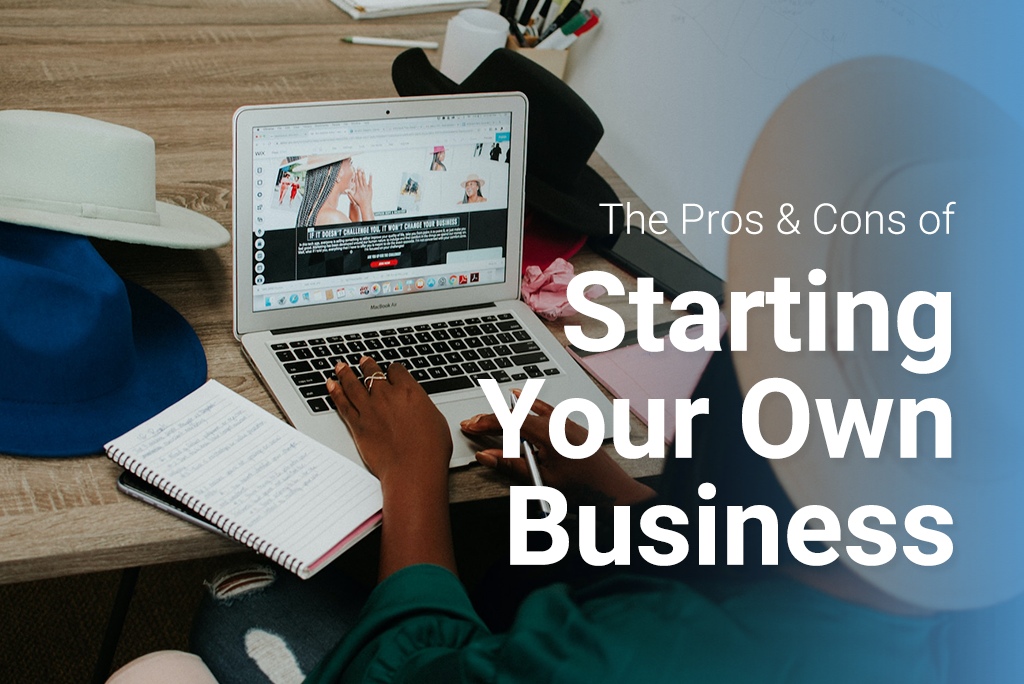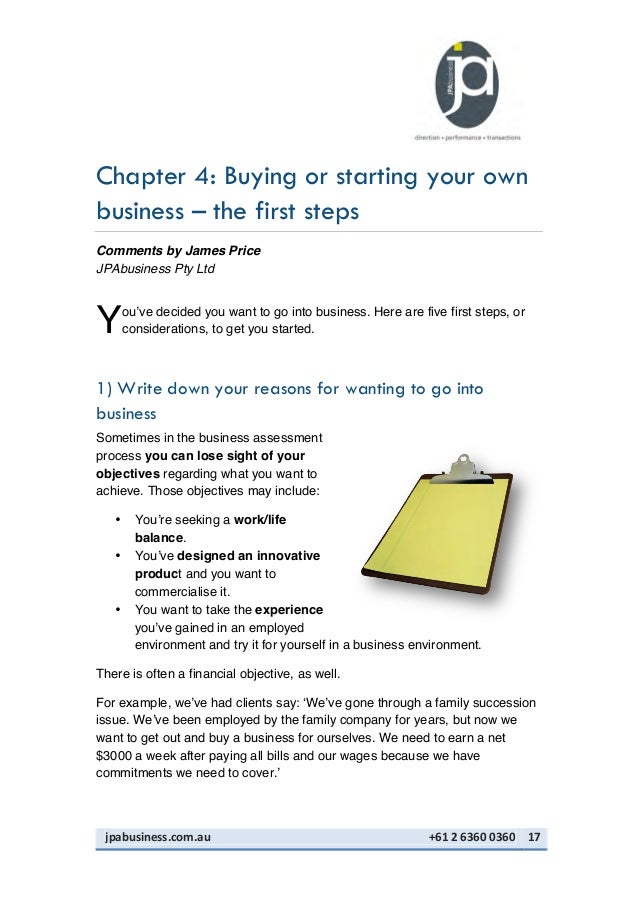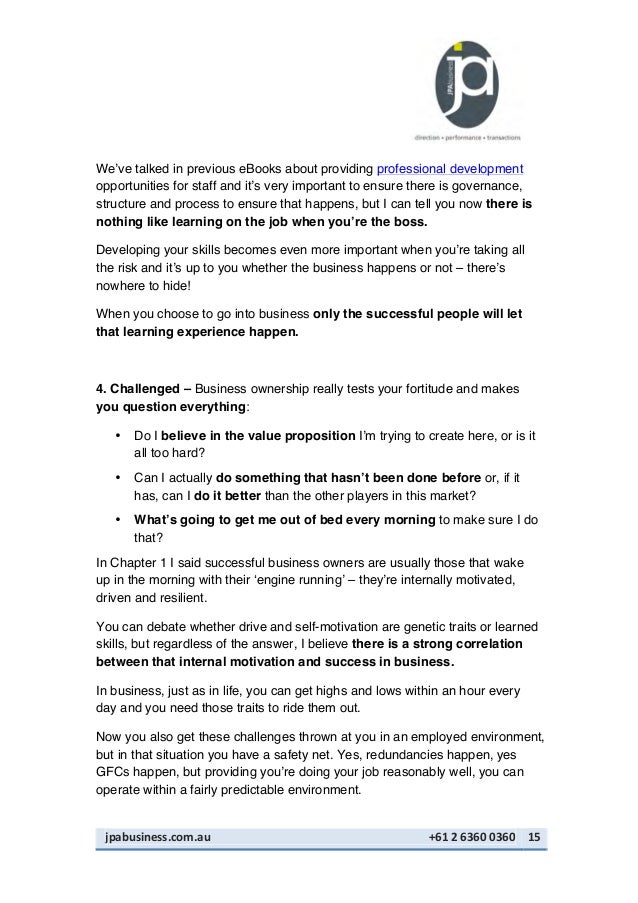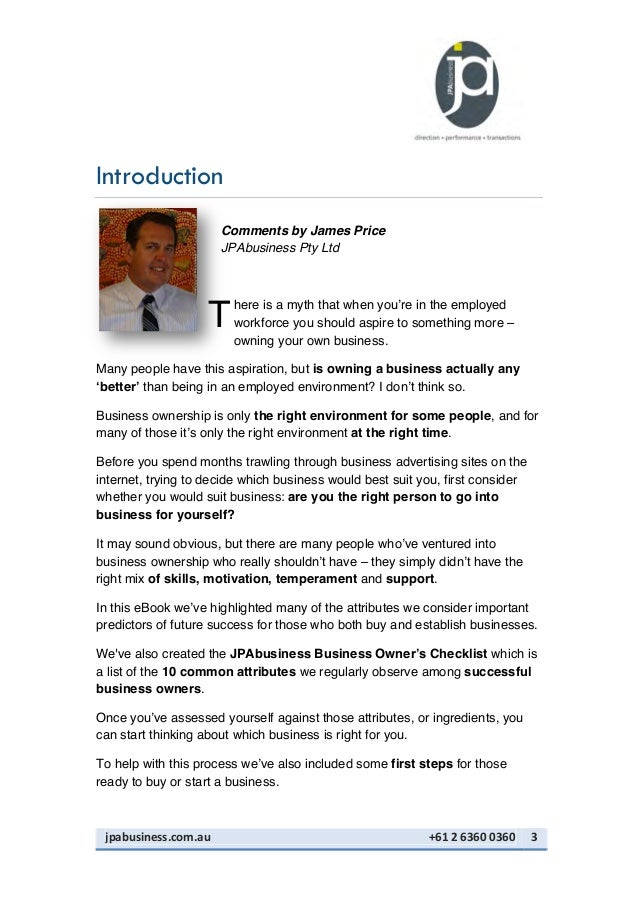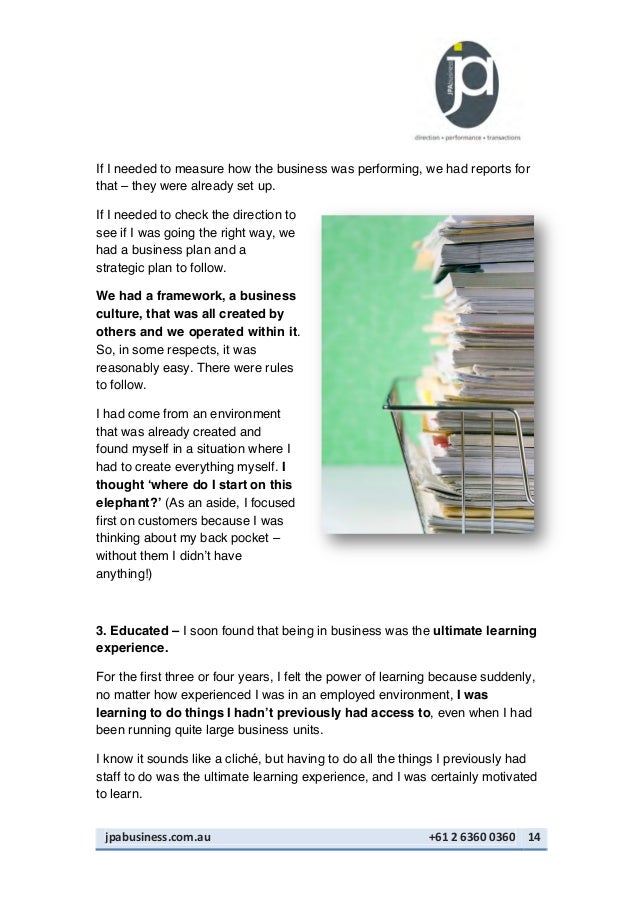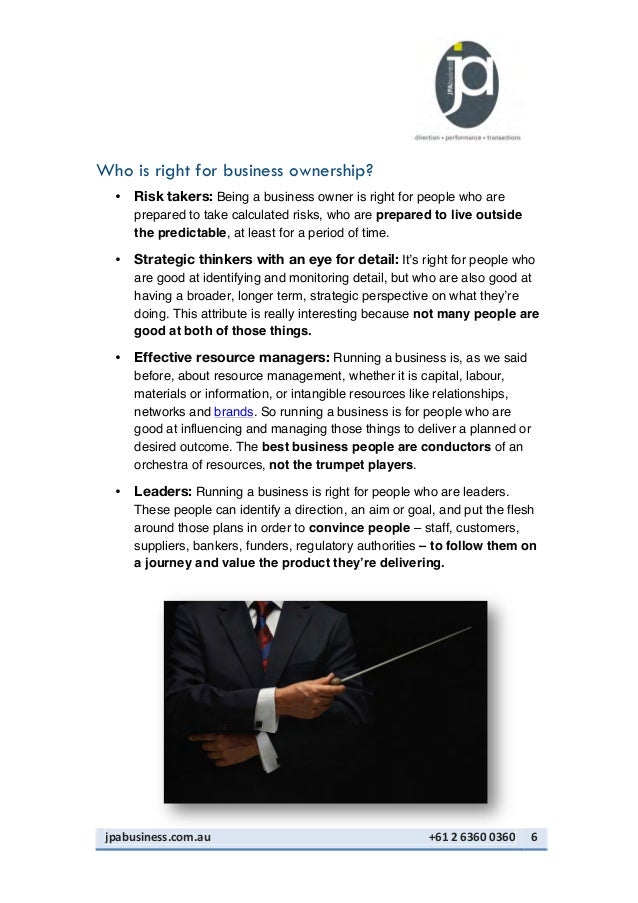Pros And Cons Of Owning Your Own Business
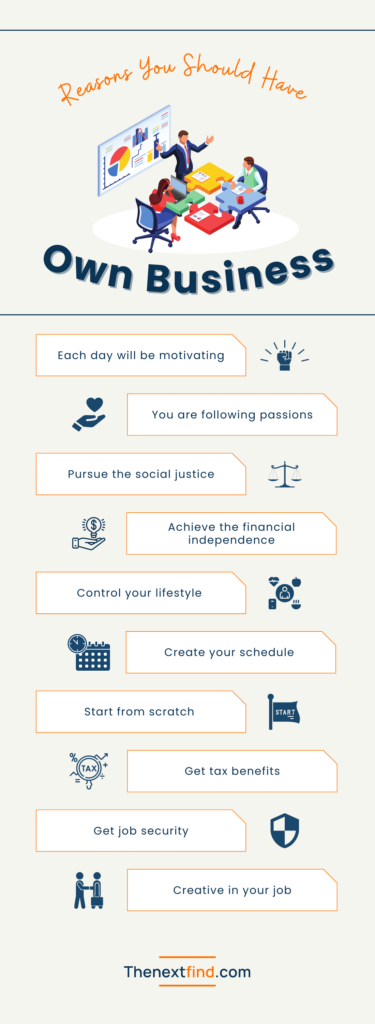
The allure of being your own boss, setting your own hours, and reaping the financial rewards of hard work continues to draw aspiring entrepreneurs to the world of business ownership. However, this path isn't paved with gold, and potential business owners must carefully weigh the advantages against the challenges before taking the plunge.
Understanding both the potential benefits and drawbacks of owning a business is crucial for making an informed decision. This article explores the pros and cons, providing a balanced perspective for those considering entrepreneurship, based on information from reputable organizations like the Small Business Administration (SBA) and the U.S. Census Bureau.
The Alluring Advantages of Entrepreneurship
One of the most cited benefits of owning a business is autonomy. Entrepreneurs have the freedom to make their own decisions, set their own schedules, and pursue their passions. This level of control can be incredibly rewarding, fostering a sense of purpose and fulfillment.
Financial rewards are another significant draw. Unlike salaried employees, business owners have the potential to earn significantly more based on the success of their ventures. The sky's the limit when it comes to potential income, and the harder you work, the greater the rewards.
Beyond personal fulfillment and financial gain, owning a business offers opportunities for innovation and creativity. Entrepreneurs can develop new products or services, implement innovative business models, and create positive change in their communities.
Control and Flexibility:
Setting your own hours and working remotely is a big attraction for many. The flexibility of entrepreneurship allows for a better work-life balance, adapting to individual needs and priorities. This is especially valuable for parents or individuals with other commitments.
Entrepreneurs have the freedom to make decisions that align with their values and vision. They can choose their employees, shape their company culture, and support causes they believe in. This allows them to create a business that reflects their personal brand and values.
Financial Potential:
Unlike a fixed salary, your income is directly tied to the success of your business. This creates a strong incentive to work hard and innovate, leading to potentially higher earnings than traditional employment.
Owning a business can provide significant tax benefits, such as deductions for business expenses and depreciation. These benefits can help reduce your overall tax burden and increase your net income. Consult a tax professional for specifics.
The Inherent Challenges of Entrepreneurship
Despite the many advantages, owning a business is not without its challenges. Financial risk is a major concern for many aspiring entrepreneurs. Starting a business often requires significant investment, and there's no guarantee of success.
Long hours and demanding workloads are common in the early stages of business ownership. Entrepreneurs often wear many hats, juggling responsibilities from marketing and sales to operations and finance. This can lead to burnout and stress.
Uncertainty and instability are also inherent in the entrepreneurial journey. Market conditions, competition, and unforeseen events can impact a business's success. Adapting to these challenges requires resilience and adaptability.
Financial Strain:
Securing funding can be difficult, and many small businesses rely on personal savings or loans. Repaying these debts while managing operating expenses can create significant financial pressure, according to the SBA.
Businesses, particularly startups, often face cash flow problems. Unexpected expenses or slow payments from customers can lead to financial instability. Careful financial planning is essential.
Time Commitment and Stress:
Entrepreneurs often work long hours, especially in the initial stages. Balancing work with personal life can be challenging, leading to stress and burnout. Prioritization and time management are crucial.
The responsibility for the success or failure of the business rests squarely on the owner's shoulders. This can create a high level of stress and anxiety. Building a strong support system is crucial.
Making an Informed Decision
The decision to own a business is a personal one, and there's no one-size-fits-all answer. It's important to carefully weigh the pros and cons, assess your risk tolerance, and evaluate your skills and resources.
Speaking with other entrepreneurs, conducting market research, and developing a solid business plan are crucial steps. Seeking advice from mentors and advisors can also provide valuable insights and support.
Ultimately, successful entrepreneurship requires a combination of passion, hard work, resilience, and a willingness to learn and adapt. It's a challenging but potentially rewarding path for those who are prepared to take the plunge.
